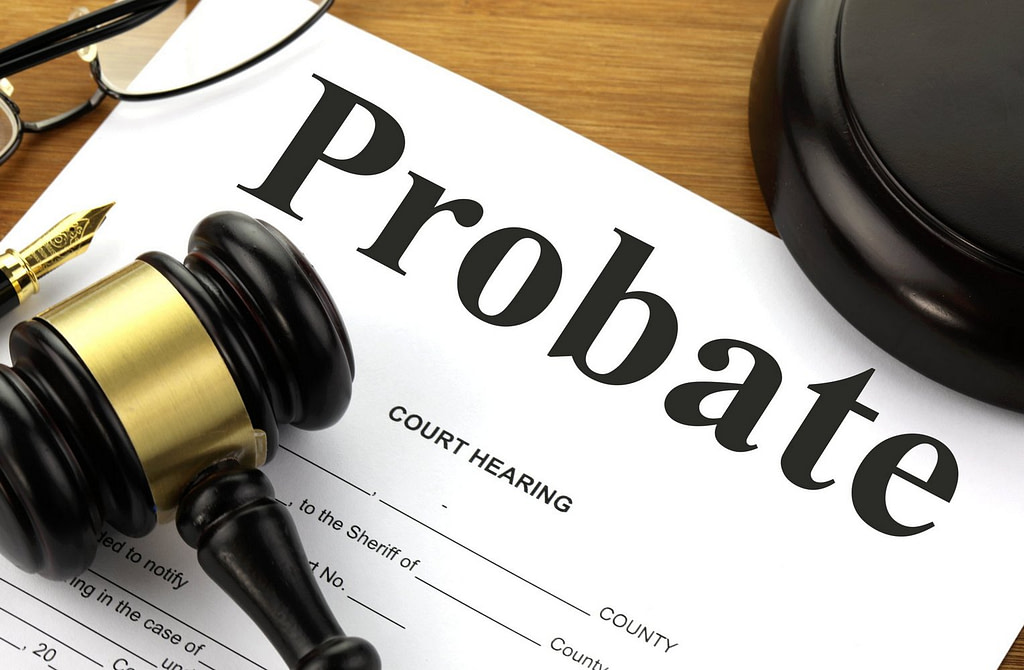Navigating the probate process can be a daunting task for many individuals. With its complexities, delays, and costs, it’s no wonder that people may want to explore ways to avoid it altogether. But is it possible to bypass probate? And if so, how can one go about doing so? In this article, we will delve into various strategies and legal tools that can help individuals streamline their estates and potentially circumvent the probate process. So, if you’re looking to simplify the transfer of your assets and spare your loved ones from the hassle of probate, read on to discover some alternatives.
Exploring Alternatives to Probate
Many people are looking for ways to avoid the probate process when it comes to estate planning. Probate can be a lengthy and costly legal process that can tie up assets for months, or even years. Fortunately, there are alternatives to probate that can help streamline the transfer of assets and minimize the costs associated with settling an estate.
One alternative to probate is establishing a living trust. A living trust allows you to transfer your assets into a trust while you are still alive, and designate a trustee to manage and distribute those assets according to your wishes after your passing. By bypassing probate, a living trust can help avoid delays and keep your estate private. Another option to consider is joint tenancy with right of survivorship, which allows assets to automatically pass to a co-owner upon your death, without the need for probate.
Utilizing Revocable Living Trusts
One way to avoid the probate process is by utilizing a revocable living trust. A revocable living trust allows your assets to bypass probate and be distributed according to your wishes. This legal arrangement also provides privacy since the trust document does not become public record like a will does. With a revocable living trust, you can designate a trustee to manage the assets on behalf of your beneficiaries, ensuring a seamless transition of assets without the need for court intervention.
Furthermore, a revocable living trust can help to minimize estate taxes and protect assets from creditors. By placing your assets in a trust, you retain control over them during your lifetime while also ensuring that they are protected and preserved for future generations. With the flexibility and benefits that a revocable living trust provides, it is a valuable tool for estate planning that can help your loved ones avoid the time-consuming and costly probate process.

Beneficiary Designations and Joint Ownership
One way to avoid the probate process is by designating beneficiaries on your assets. By naming specific individuals or organizations as beneficiaries on accounts such as retirement plans, life insurance policies, and bank accounts, you can ensure that these assets are passed directly to the designated beneficiaries upon your death. This method allows the assets to bypass probate and be distributed according to your wishes without court involvement.
Another option to avoid probate is through joint ownership of assets. By holding property jointly with rights of survivorship, the ownership of the property automatically transfers to the surviving owner upon your death. This can be a useful strategy for real estate, bank accounts, and other assets that you wish to pass to a specific individual without going through probate. However, it’s important to consider the implications of joint ownership, as it can have legal and tax consequences that may impact your overall estate plan.
Gifts and Estate Planning Strategies
When it comes to estate planning, many individuals are looking for ways to avoid the lengthy and costly probate process. Luckily, there are several strategies that can help you bypass probate and ensure a smooth transfer of your assets to your heirs.
One effective way to avoid probate is by making lifetime gifts to your loved ones. By gifting your assets while you are still alive, you can reduce the size of your estate and minimize the amount that will be subject to probate. Additionally, setting up a trust can also help you avoid probate, as the assets held in the trust will pass directly to your designated beneficiaries without the need for probate court involvement.
In conclusion, while the probate process may seem daunting, there are ways to potentially avoid it and streamline the distribution of assets after one’s passing. By utilizing strategies such as creating a living trust, designating beneficiaries on retirement accounts and life insurance policies, and ensuring all estate planning documents are up to date, individuals can potentially spare their loved ones the time and expense of probate. Ultimately, careful planning and consideration of one’s estate can help ease the burden on family members during an already difficult time.




